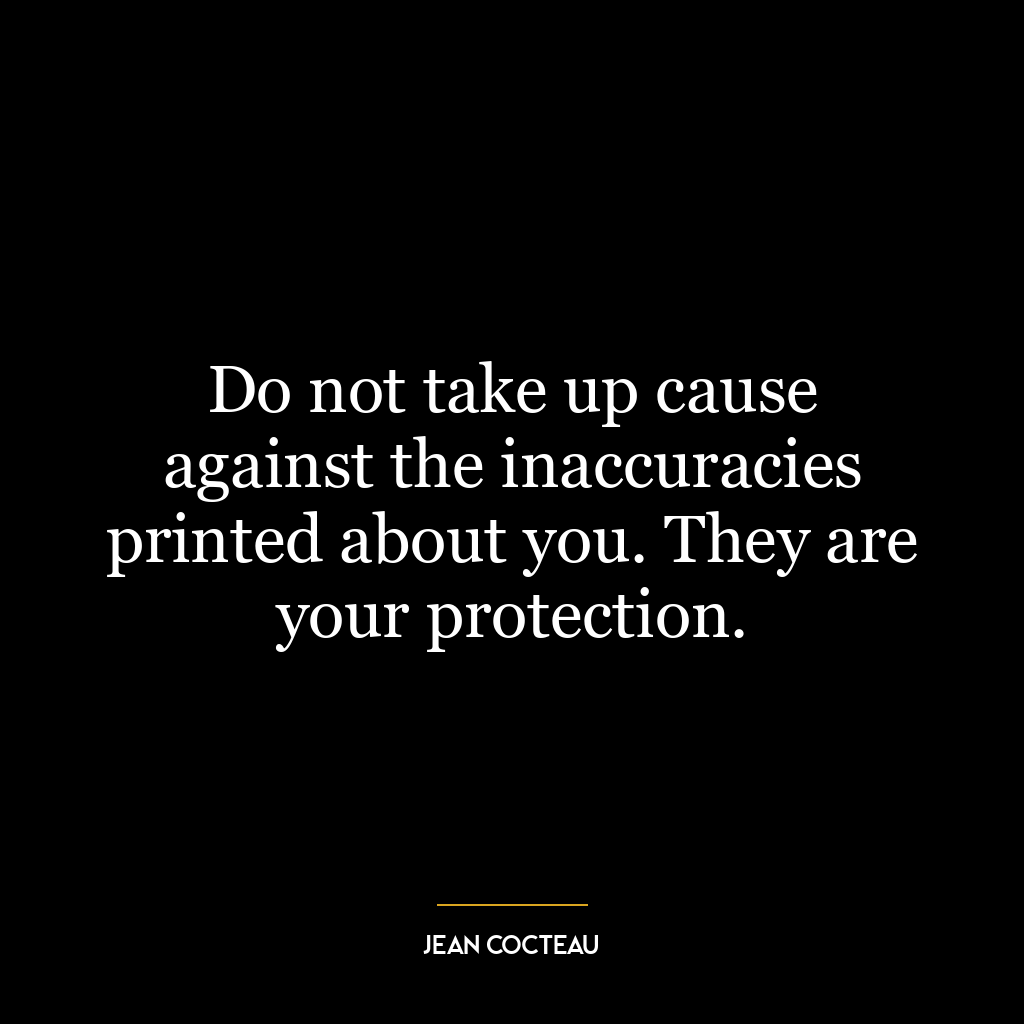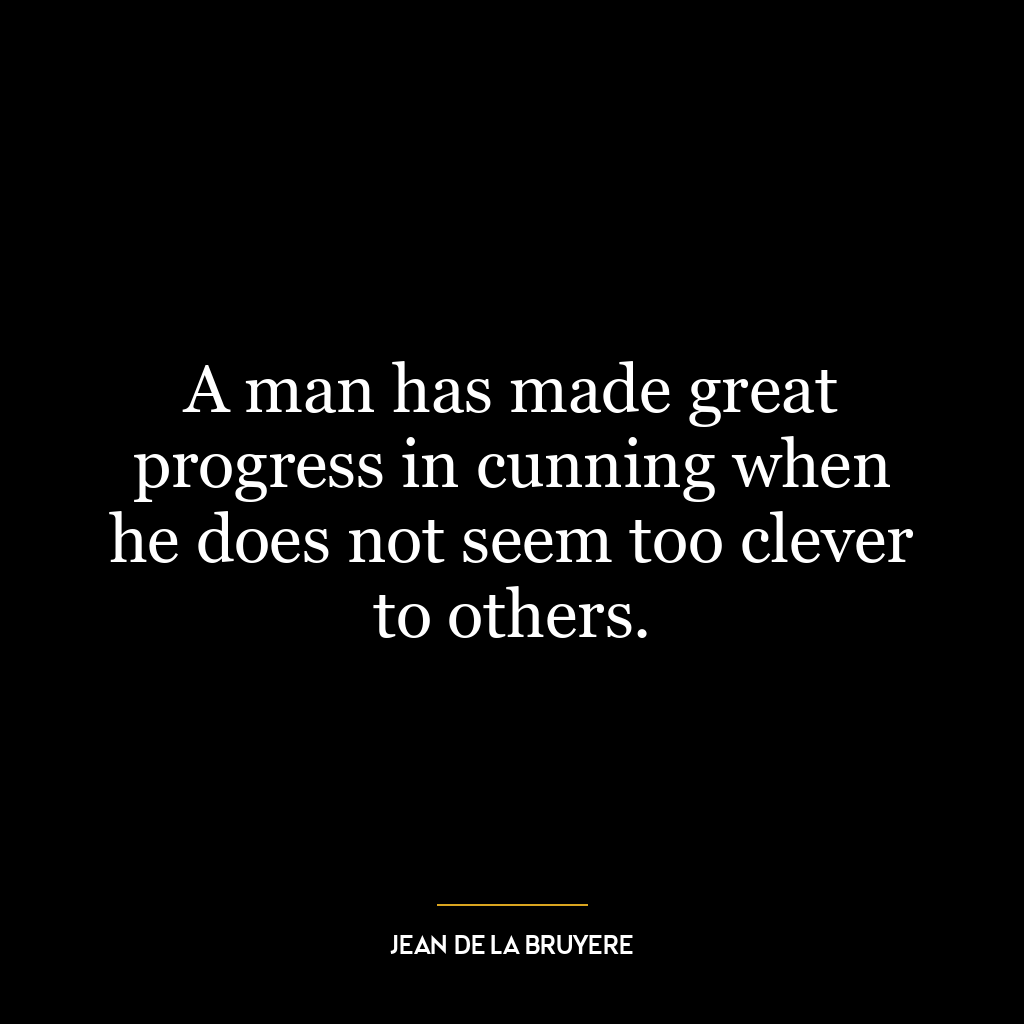This quote signifies the strategic importance of deception in warfare. The ‘truth’ here refers to the actual plans, strategies, and strengths of a military force. The ‘bodyguard of lies’ symbolizes the misinformation, decoys, and false leads that are intentionally spread to confuse and mislead the enemy. The essence of the quote is that in warfare, it is critical to protect your true intentions and strategies with a shield of deception to gain an advantage over the enemy.
Applying this concept to today’s world, especially in the context of information warfare and cyber security, the idea remains relevant. In these scenarios, the ‘truth’ could be sensitive information or data that needs to be protected. The ‘bodyguard of lies’ could be firewalls, encryption, or even misinformation to divert potential cyber threats.
In terms of personal development, this quote could be interpreted as the need to guard one’s true intentions and plans until they are ready to be revealed. This doesn’t mean one should lie or deceive others, but rather emphasizes the importance of strategic timing and discretion. For instance, if you’re planning to start a new business, you might want to keep your ideas and plans guarded until you have a solid business plan in place. This prevents others from prematurely judging your ideas or, in a worst-case scenario, stealing them.















